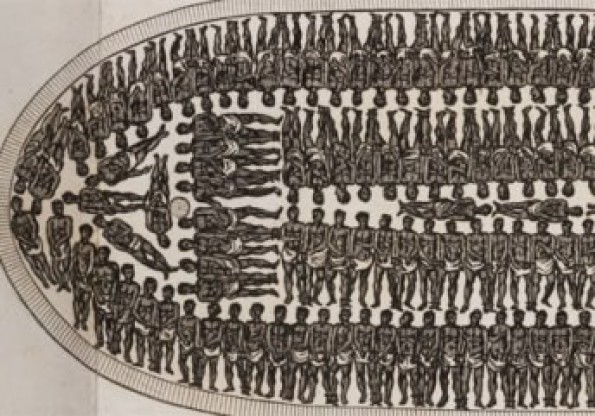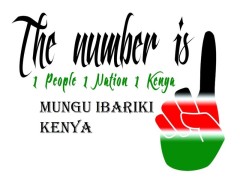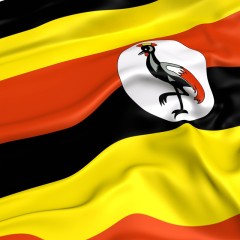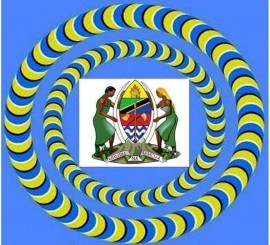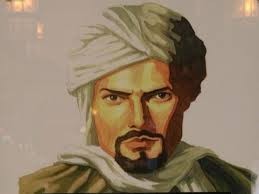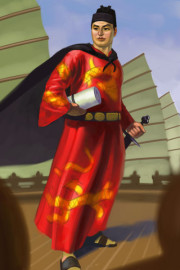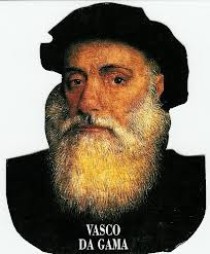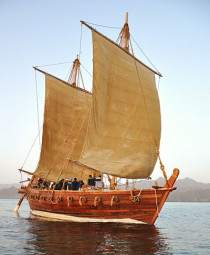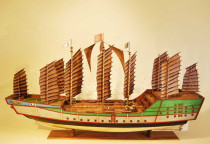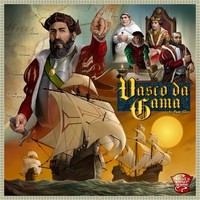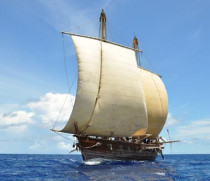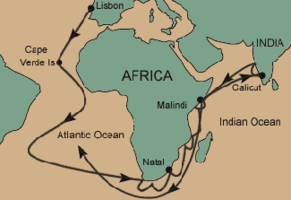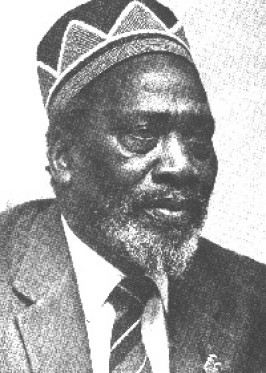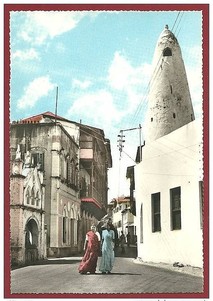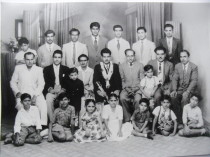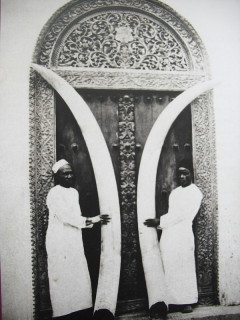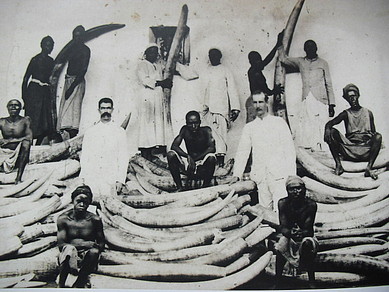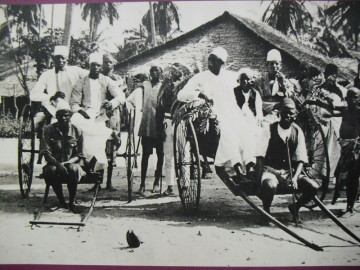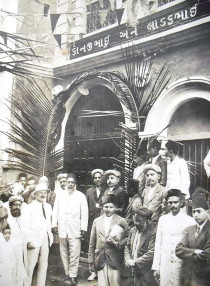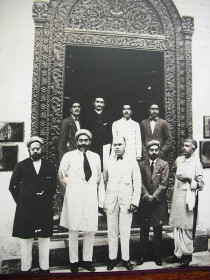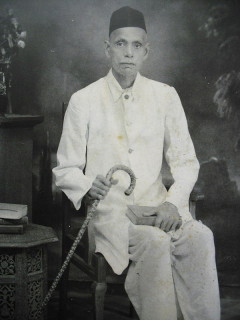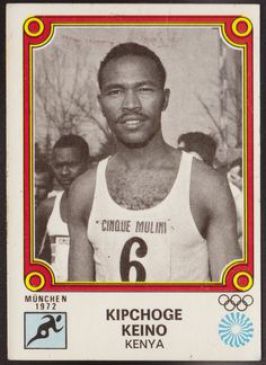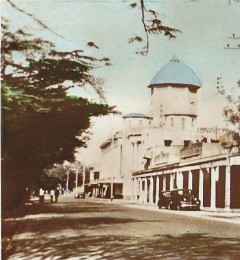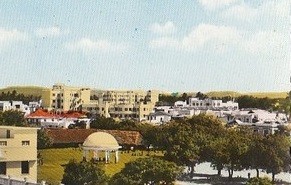Before 1400: Slavery had existed in Europe from classical times and did not disappear with the collapse of the Roman Empire. Slaves remained common in Europe throughout the early medieval period. However, slavery of the classical type became increasingly uncommon in Northern Europe and, by the 11th and 12th centuries, had been effectively abolished in the north. Nevertheless, forms of unfree labour, such as villeinage and serfdom, persisted in the north well into the early modern period. In southern and eastern Europe, classical-style slavery remained a normal part of society and economy for longer. Trade across the Mediterranean and the Atlantic seaboard meant that African slaves began to be brought to Italy, Spain, Southern France, and Portugal well before the discovery of the New World in 1492. From about the eighth century onwards, an Arab-run slave trade also flourished, with much of this activity taking place in East Africa, Arabia, and the Indian Ocean. In addition, many African societies themselves had forms of slavery, although these differed considerably, both from one another and from the European and Arabic forms. Although various forms of unfree labour were prevalent in Europe throughout its history, historians refer to 'chattel slavery', in which slaves are commodities to be bought and sold, rather than domestic servants or agricultural workers tied to the land. Chattel slavery is the characteristic form of slavery in the modern world, and this chronology is concerned primarily with this form.
1452
1454
1461
1462
1470
|
|||
|
1476 |
|||
1476
- 1476: Carlos de Valera of Castille in Spain brings back 400 slaves from Africa.
1481
- 1481: A Portuguese embassy to the court of King Edward IV of England concludes with the English government agreeing not to enter the slave trade, against the wishes of many English traders.
- 1481-86: Diogo da Azambuja builds the castle at Elmina (modern Ghana) which was to become the most substantial and the most notorious of the slave-trading forts in West Africa.
1483
- 1483: Diogo Cão discovers the Congo river. The region is later a major source of slaves.
1485
- 1485: Diogo Cão makes contact with the nation of Kongo and visits its capital, Mbanza Kongo. He establishes relations between Portugal and Kongo.
1486
- 1486: João Afonso Aveiro makes contact with the kingdom and the city of Benin.
- 1486: Portuguese settle the West African island of São Tomé. This uninhabited West African island is planted with sugar and populated by African slaves by the Portuguese. The settlement thus extended and developed the sugar-slave complex that had been initiated in Madeira.
1487
- 1487-88: Bartolomeo Dias rounds the Cape of Good Hope and explores the Indian Ocean and the East African coast.
1492
- 2 January 1492: The Moorish town of Granada surrenders to the Spanish forces of the Catholic Kings, Ferdinand and Isabella, marking the end of La Reconquista, the war between Moors and Spaniards in the Iberian peninsular. Both sides retain many slaves taken during the course of the war.
- 12 October 1492: Christopher Columbus becomes the first European since the Viking era to discover the New World, setting foot on an unidentified island he named San Salvador (modern Bahamas).
1493
- 3 November 1493: On his second voyage, Columbus again reaches the New World (modern Dominica). On this voyage he initiates the first transatlantic slave voyage, a shipment of several hundred Taino people sent from Hispaniola to Spain. There are doubts about the legality of their enslavement in Spain.
- 8 December 1493: Columbus founds the first European colony in the New World: La Isabela on the island of Hispaniola (modern Dominican Republic).
1496
- 8 June 1496: Columbus returns from his second voyage, carrying around 30 Native American slaves. Once again, there are doubts about the legality of their enslavement.
1497
- 24 June 1497: John Cabot, an Italian sponsored by King Henry VII of England, makes landfall on the northern tip of the island of Newfoundland (modern Canada). This discovery became the basis of subsequent English claims to North America.
1499
- 1499: More than 200 slaves taken from the northern coast of South America by Amerigo Vespucci and Alonso de Hojeda and sold - apparantly without legal problems - in Cádiz.
In 1499, da Gama returned to Portugal and told the king and queen, who had sponsored his voyage, everything that he’d seen, including the shiploads of gold, ivory, porcelain, silk, and cotton being bought and sold in the port cities along the eastern coast of Africa.
The destruction of the Swahili and Somali Kingdoms were the targets.
In 1503 or 1504, Zanzibar became part of the Portuguese Empire and Slave trading in the area commenced on a commercial scale across the Indian Ocean and beyond as the Portuguese were now the force that was bulldozing all city-states and stealing all the wealth and resources of the region and the area, thus the introduction and the beginning of taxation emerged as it is known today.
In 1505; the Portuguese built a fort in Sofala (Mozambique). Like in Kongo, the strategy was to enter the Empire through religion. The first missionaries
arrived on the banks of the Zambezi around 1560; and after a brief conversion to Christianity, the emperor - who had obviously understood what was at stake - had the missionary Gonzalo da Silveira
killed. The Portuguese attacked the hinterland.
The destruction of the Mwene Mutapa Empire (Zimbabwe) had begun.
The organization of the slave trade was structured to have the Europeans stay along the coast lines, relying on African middlemen and merchants to bring their victims to be sold.
During the Age of Exploration, the Portuguese Empire was the first European power to gain control of Zanzibar, and kept it for nearly 200 years. Vasco da Gama's visit in 1499 marked the beginning of
European influence.
This page contains a detailed timeline of the main historical, literary, and cultural events connected with slavery, abolition, and emancipation in the British Isles between 1400 and 1500. Given Britain's limited role in this period, it mainly includes references to the most significant events taking place outside of the British zone of influence (in the fifteenth century that was most of the world) as well as some key events in the history of European exploration and colonisation.
While there is plenty of detail in this timeline, it is of course impossible to record every event related to slavery in this period. The following selection is thus intended to provide an overview of the topic only. If there is something I have left out that you think should be included, please let me know.
Click below on photo for more:


